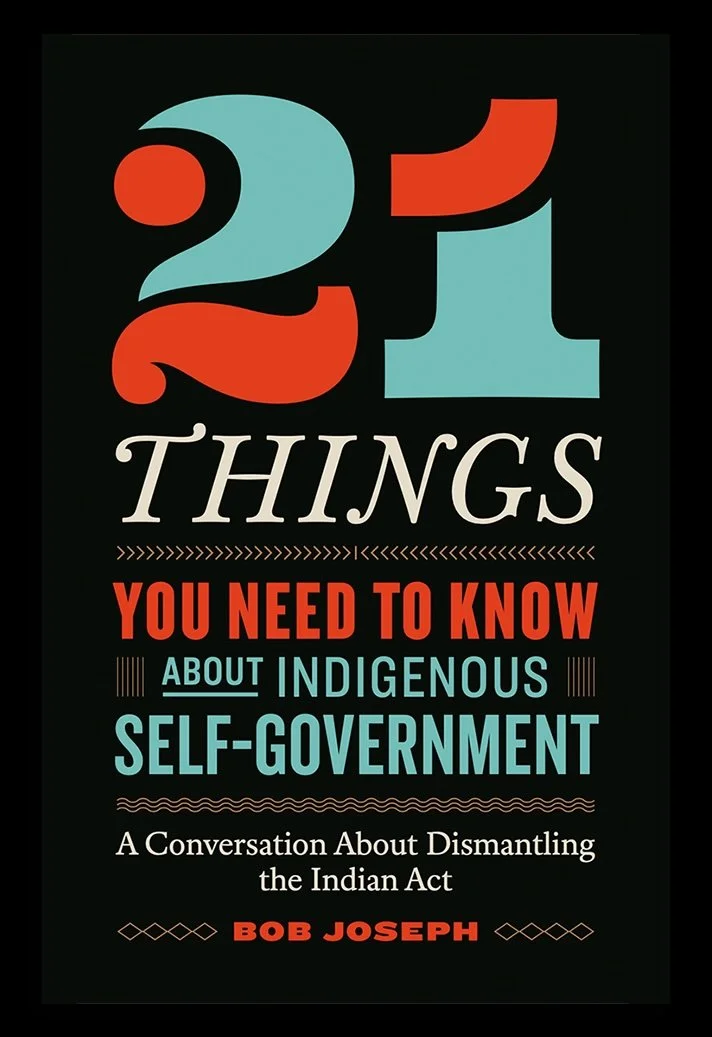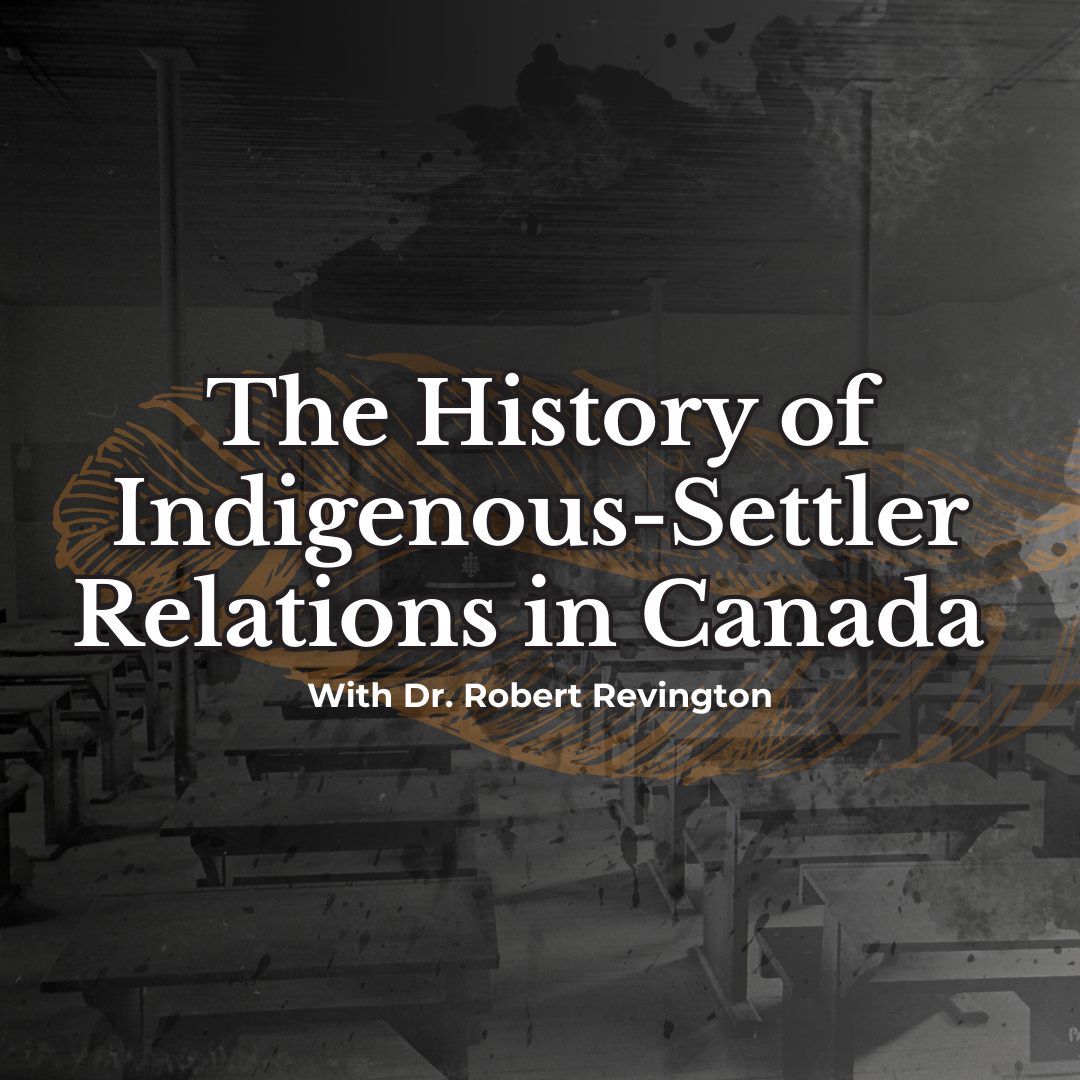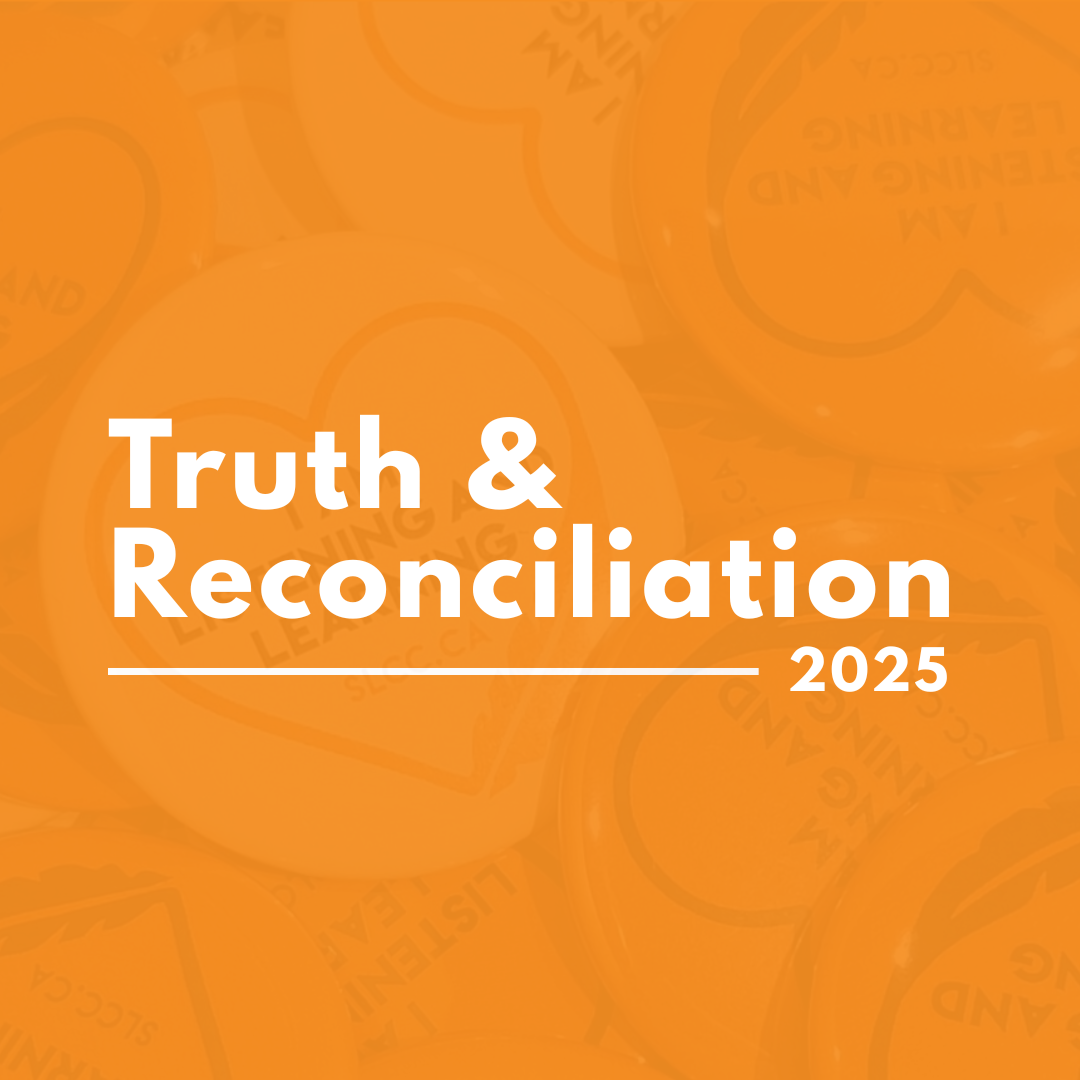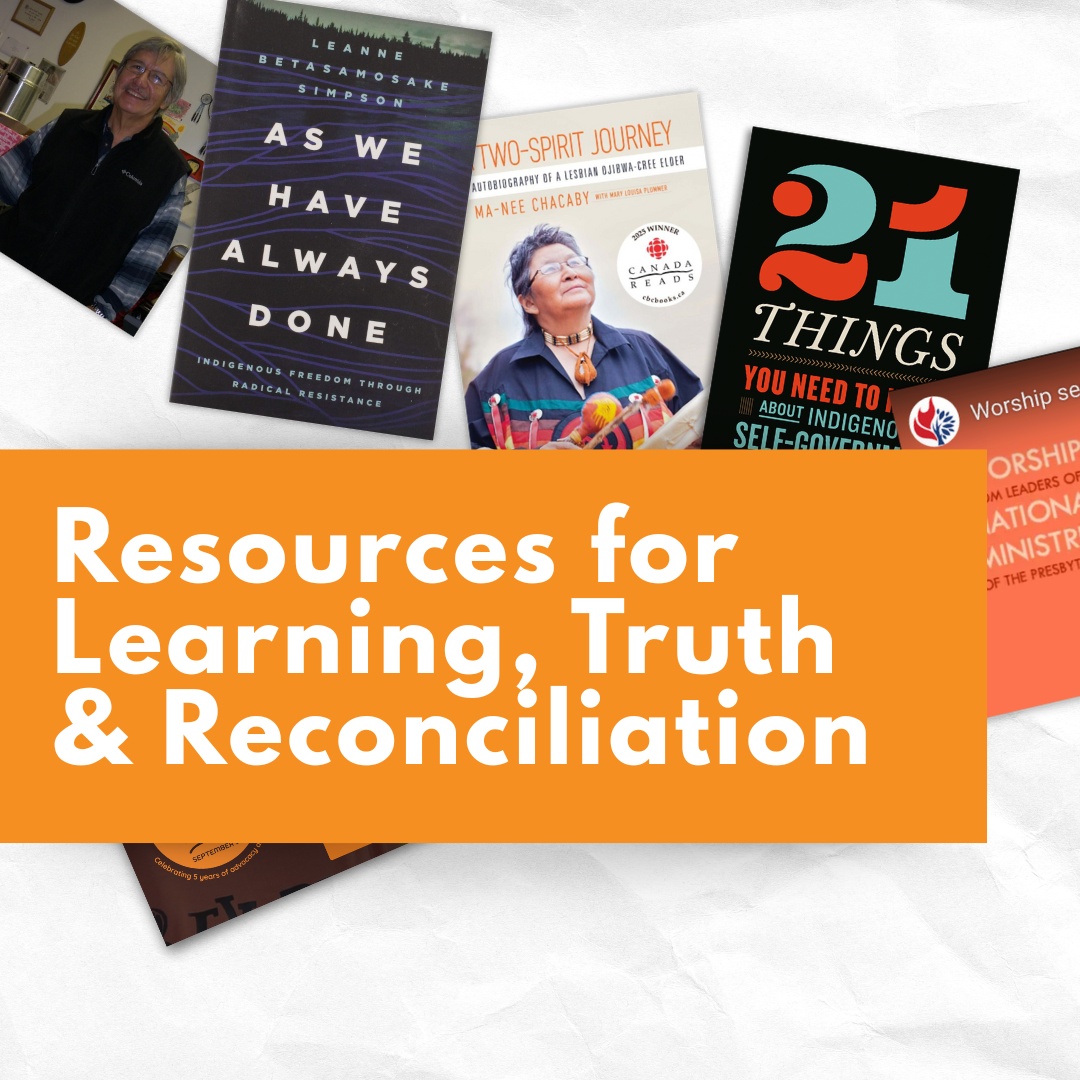Resources for Learning, Truth & Reconciliation
Today we pause to reflect, lament, and recommit ourselves to the work of healing and justice. At Ministry Forum, we’re marking this week by weaving threads of reconciliation through everything we do—our podcast, blog, social media, and resource hub. Today, we offer you a curated roundup of past posts and a few fresh resources to support your own learning and leadership in the work of reconciliation.
Podcast: The 1% Spiritual Covenant
In our latest episode, we speak with members of three Mennonite congregations who have embraced the 1% Spiritual Covenant—an initiative championed by Indigenous elder Adrian Jacobs. This covenant invites congregations to commit 1% of their operating budget annually to Indigenous-led organizations, as a gesture of reparation and solidarity.
What does it look like for congregations to give open-handedly, without strings attached? What new relationships and conversations have emerged? Listen in to hear these churches’ honest and hope-filled stories. Listen to the episode.
New Book by Bob Joseph: 21 Things You Need to Know About Indigenous Self-Government
Bob Joseph’s book 21 Things™ You May Not Know About the Indian Act captured the attention of hundreds of thousands of Canadians by shining a light on the Indian Act and the problems associated with it. In that book, readers learned that the Consolidated Indian Act of 1876 has controlled the lives of Indigenous Peoples in Canada for generations, and despite its objective to assimilate Indians into the economic and political mainstream, it has had the opposite effect of keeping them separate. They live under different laws and on different lands.
People came away from that book with questions like: "Can we get rid of the Indian Act?" and "What would that look like? Would self-government work?" It turns out that these are timely questions, given that 2026 will mark 150 years since the Consolidated Indian Act of 1876. The short answer to these questions is, yes, we can dismantle the Act, and there are examples of self-government arrangements that are working. With his trademark wisdom, humility, and deep understanding, Bob Joseph shows us the path forward, in which Indigenous self-governance is already happening and is not to be feared —and negotiating more such arrangements, sooner rather than later, is an absolute necessity. 21 Things™ You Need to Know About Indigenous Self-Government: A Conversation About Dismantling the Indian Act is a call to action.
Grab a copy of both:
21 Things You Need to Know About Indigenous Self-Government
21 Things You May Not Know About the Indian Act
And go even deeper and join the conversation online or in person at an upcoming event.
P.s. below you will also find a link to Rev. John Borthwick’s self-led "virtual pilgrimage" through the 21 Things book.
New Course on CHURCHx: History of Indigenous-Settler Relations in Canada
We’re excited to announce a new Ministry Forum course now available on ChurchX: The History of Indigenous-Settler Relations in Canada, taught by Dr. Robert Revington. This course is specifically designed to help you understand the history of Indigenous-settler relations in Canada and reflect on the significance of the Truth and Reconciliation Commission’s Calls to Action. It is designed for worship leaders and lay Christians who want to understand the background to this history. Throughout the course, you will learn about the early history of Indigenous-settler relations, the history of residential schools, the Truth and Reconciliation Commission’s findings, and how the mainline churches have responded and continue to respond. Find it here.











The FNV is a faithful re-voicing of the gospel, rich with cultural idioms, relational nuance, and a storytelling rhythm that honours the oral traditions of many First Nations communities. It’s deeply grounded in the text, theologically thoughtful, and beautifully expressed. You’ll hear Jesus referred to as Creator Sets Free, God as Great Spirit, and followers of Jesus as the Sacred Family—language that resonates with Indigenous imagery while remaining true to the message of the New Testament.